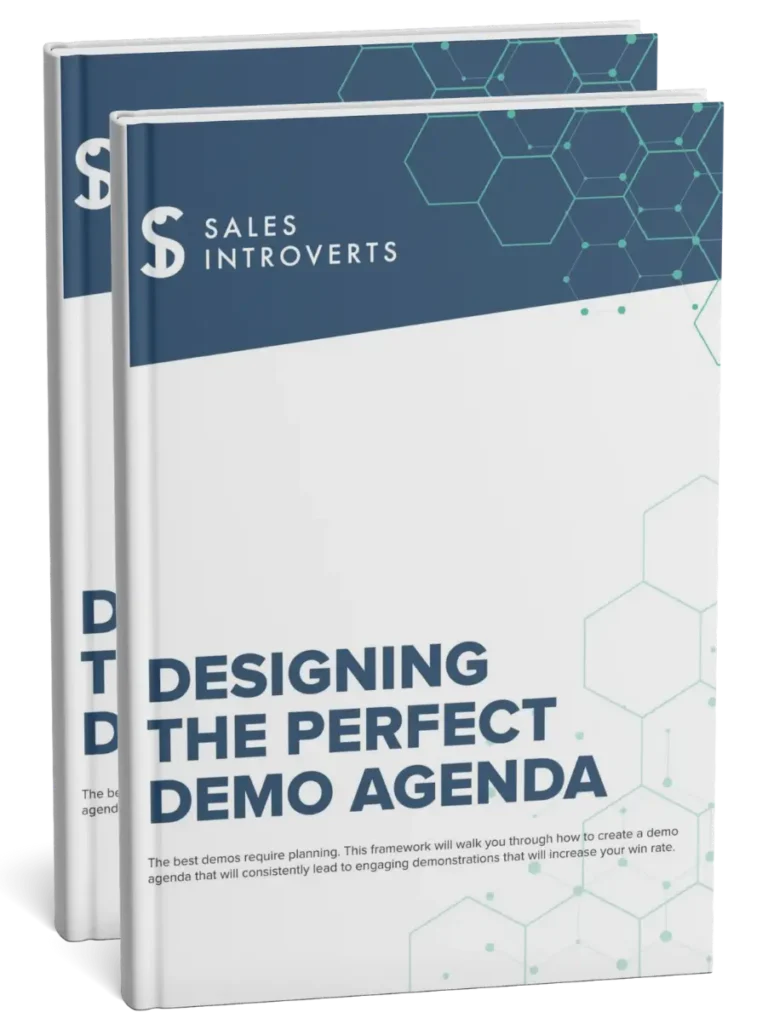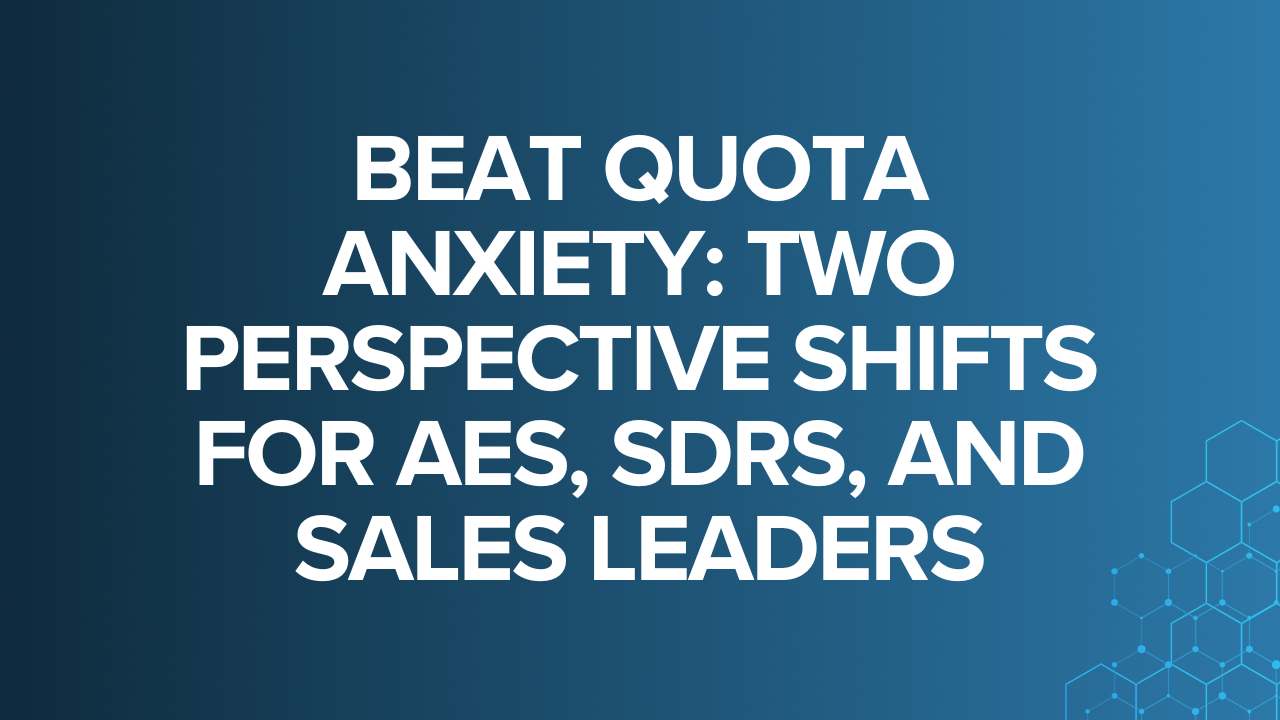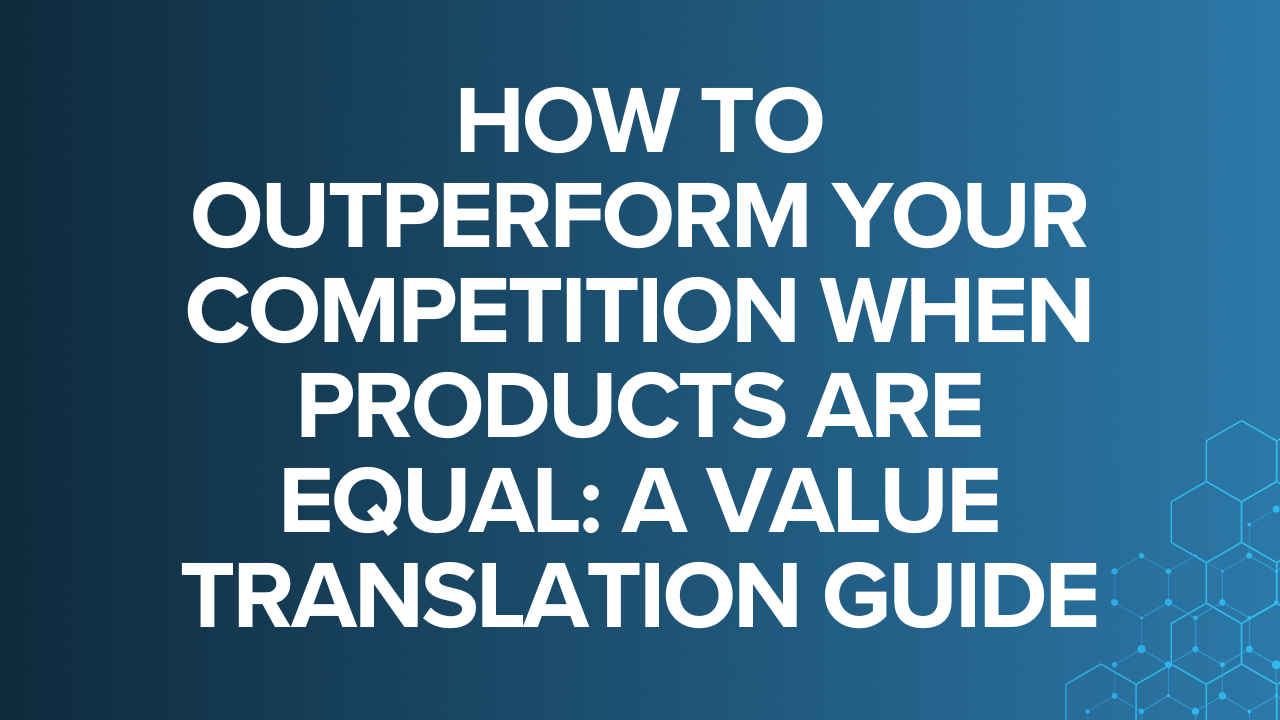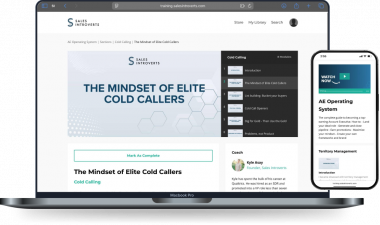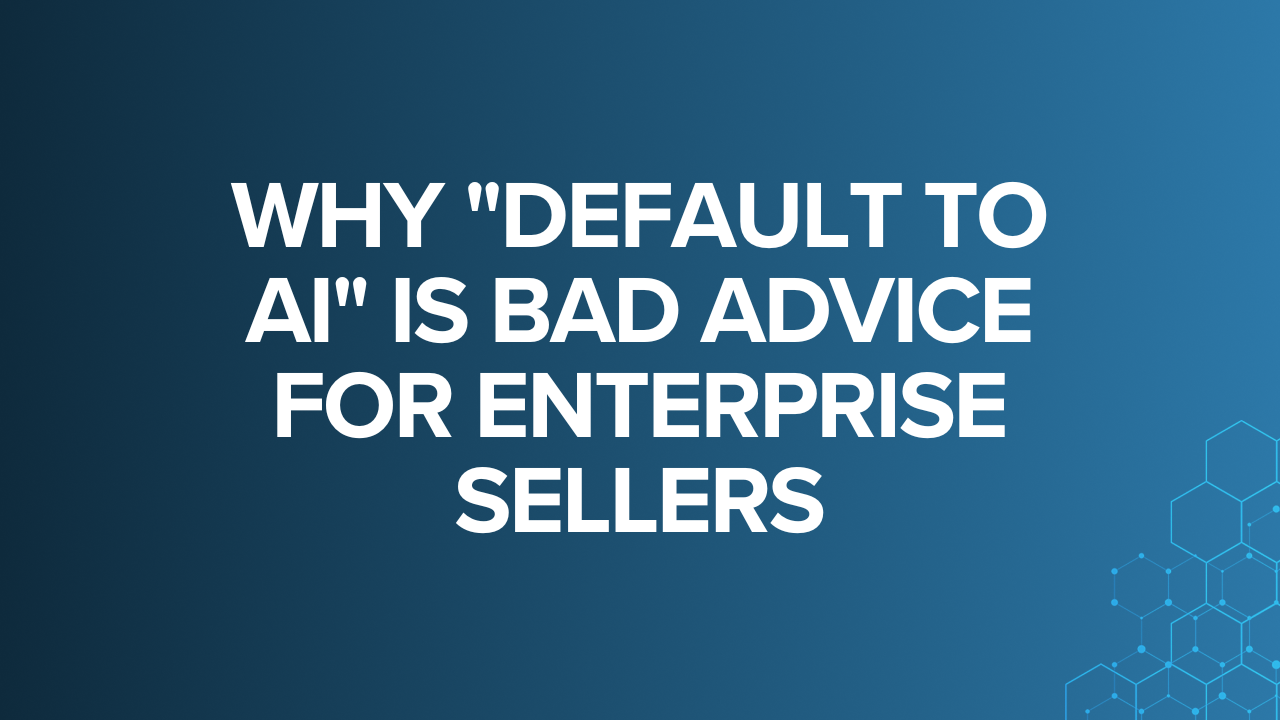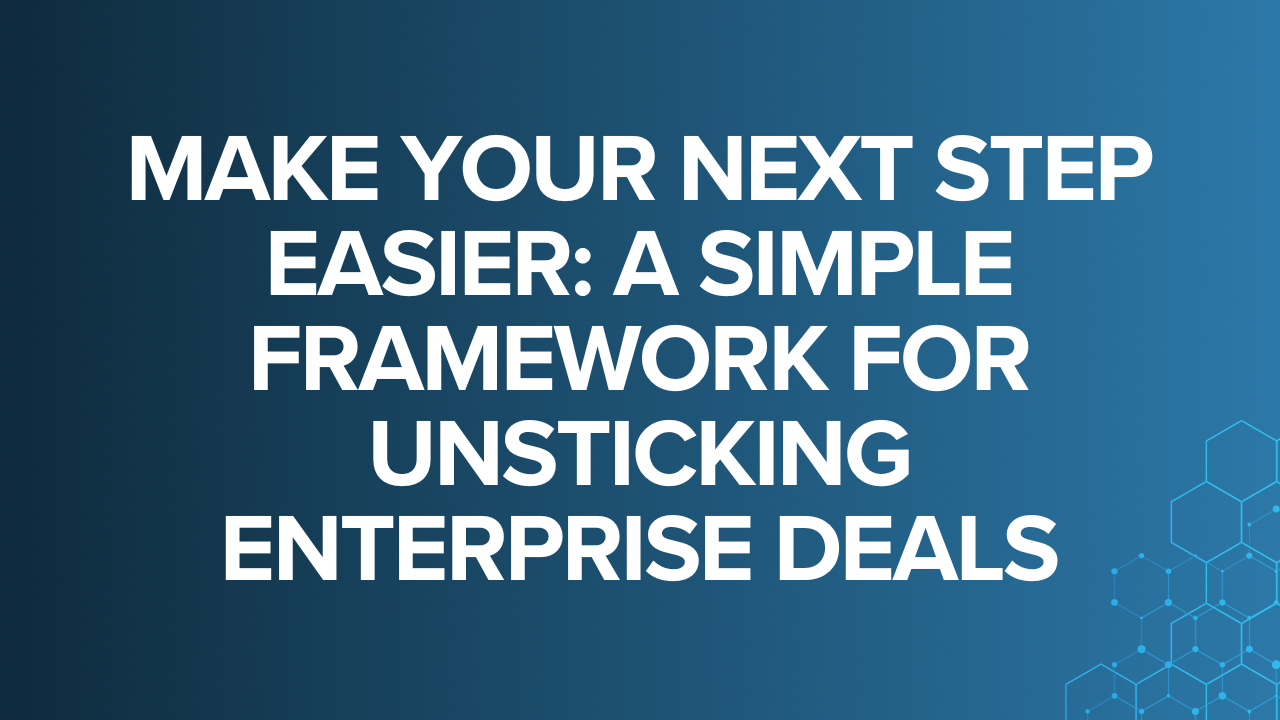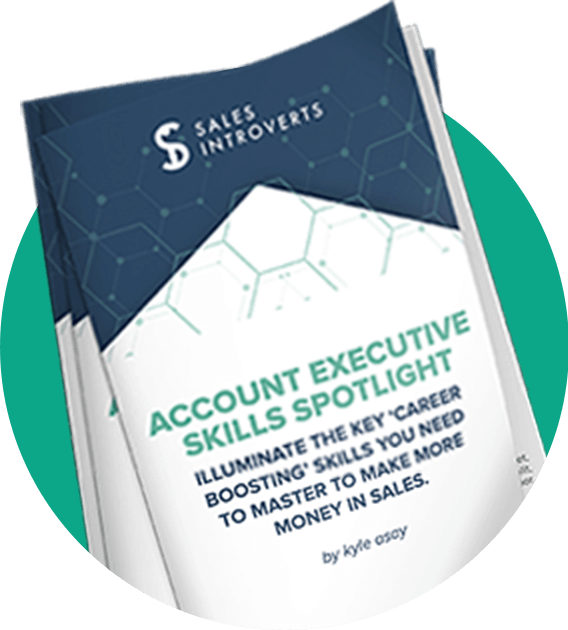I have to forecast for four sales organizations across every geography and segment.
That leaves me hundreds of deals to forecast.
I’ve seen thousands of deals won, and thousands more lost.
At this point in my career, I’ve seen deals lost for just about every reason you could possibly imagine.
So I can recognize “trouble” immediately. I refuse to forecast a deal if any one of these 3 things are true:
No velocity
When a prospect delays next steps for weeks (or longer) they aren’t spending that time justifying your product – they are spending that time working on more important issues.
And if your product doesn’t address their most important problems, it’s not getting purchased.
What to say when you see velocity slow down:
“Sometimes these delays mean other priorities have come up that need to be addressed first, but you still plan to address [identified problem]. Sometimes the delay means the team has generally lost interest, but you are too nice to close the door completely.
Is this something you actually want to pick back up in a few weeks, or should we revisit even later down the road?”
No concerns
Buying carries risk. If your prospect isn’t asking you to help address concerns, they aren’t really considering buying.
No concerns often means no consideration.
What to say when you are hearing nothing but good news:
“I’ve been involved in enough of these conversations to know that every evaluation has some concerns around a successful implementation or value realization – what concerns has your team been discussing?”
No “next best option”
Execs rarely put all eggs in one basket (especially with the price of eggs today!)
No alternative options to your product most likely means they haven’t committed to solve the problem you address.
Here’s a question you can ask to see how actively they are considering keeping status quo (love this one from Nate Nasralla):
“Who would be happy/relieved if this project was cancelled altogether?”
Sometimes these questions will help you engage the right people to “save” a deal with red flags.
Other times these questions will validate that the deal is dead so you can move on.
Both are good outcomes because few things are worse than spending time/energy on dead deals fluffing up your pipeline.


